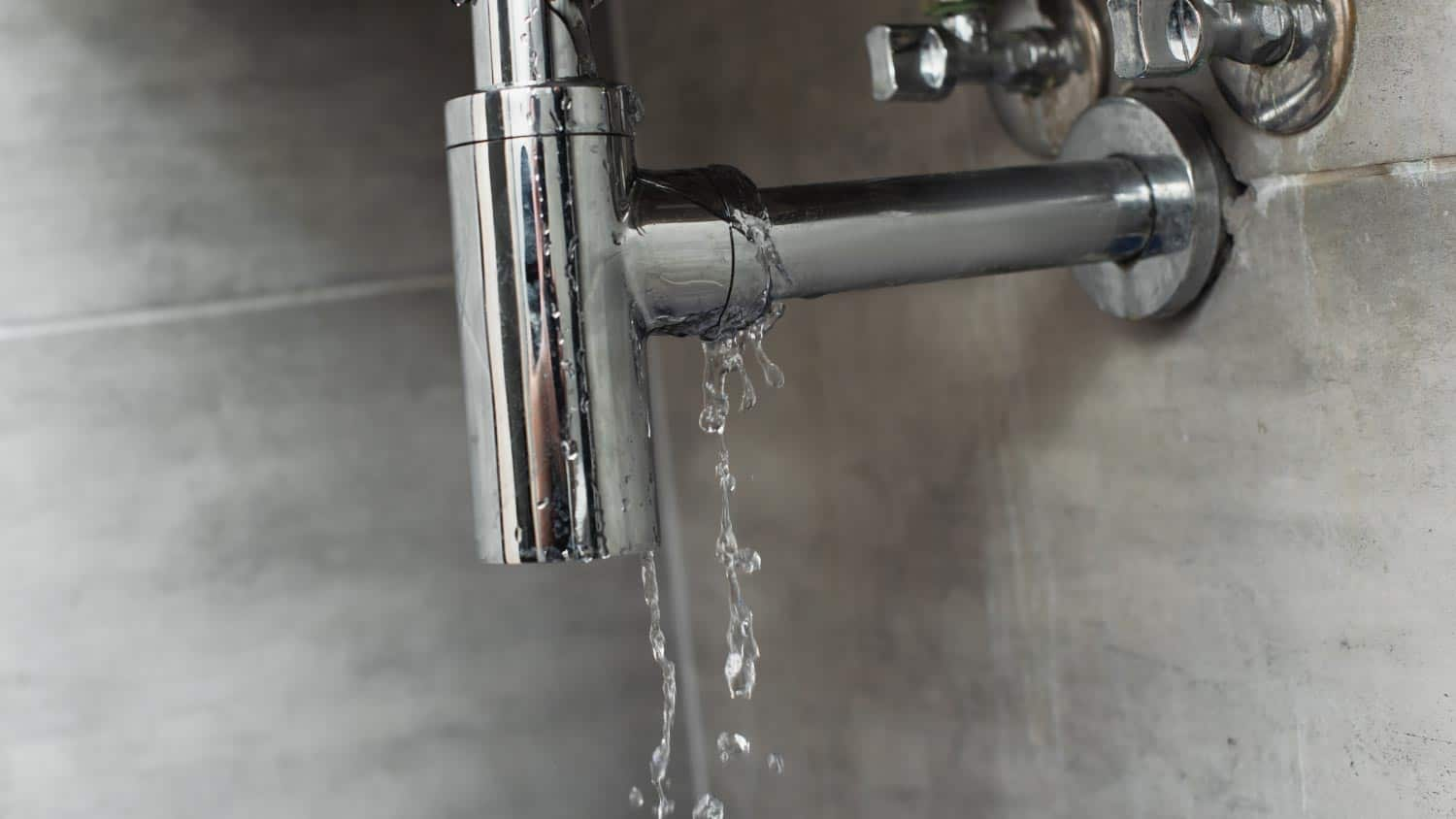Exactly how to Find and Fixing Water Leaks-- A Comprehensive Overview
Exactly how to Find and Fixing Water Leaks-- A Comprehensive Overview
Blog Article
The publisher is making a number of great points relating to Top leak detection hacks in general in this content followed below.

Early discovery of leaking water lines can minimize a prospective calamity. Some small water leaks might not be visible.
1. Take A Look At the Water Meter
Every house has a water meter. Examining it is a surefire manner in which helps you find leakages. For starters, switch off all the water sources. Make sure nobody will certainly flush, utilize the tap, shower, run the cleaning machine or dish washer. From there, most likely to the meter and also watch if it will transform. Since no one is using it, there must be no movements. If it relocates, that shows a fast-moving leak. Similarly, if you detect no changes, wait an hour or 2 and examine back once more. This implies you might have a slow-moving leak that could even be underground.
2. Check Water Consumption
If you spot sudden modifications, in spite of your consumption being the same, it suggests that you have leakages in your plumbing system. An unexpected spike in your expense indicates a fast-moving leakage.
A consistent boost every month, even with the very same routines, shows you have a slow-moving leak that's also slowly escalating. Call a plumber to extensively inspect your home, especially if you really feel a warm location on your floor with piping below.
3. Do a Food Coloring Test
30% comes from bathrooms when it comes to water intake. Test to see if they are running properly. Decrease specks of food color in the container as well as wait 10 mins. If the color in some way infiltrates your bowl throughout that time without flushing, there's a leak between the container and dish.
4. Asses Exterior Lines
Do not forget to check your outdoor water lines as well. Must water leak out of the link, you have a loosened rubber gasket. One small leakage can throw away lots of water and also increase your water bill.
5. Examine the circumstance as well as check
House owners ought to make it a habit to check under the sink counters and also inside cupboards for any type of bad odor or mold growth. These two red flags show a leak so timely focus is required. Doing routine inspections, even bi-annually, can save you from a major problem.
Check for stainings and damaging as a lot of home appliances and pipes have a life expectancy. If you presume dripping water lines in your plumbing system, do not wait for it to escalate.
Early detection of leaking water lines can mitigate a prospective calamity. Some small water leakages may not be visible. Examining it is a guaranteed means that helps you uncover leaks. One small leakage can throw away lots of water and also spike your water costs.
If you suspect leaking water lines in your plumbing system, do not wait for it to rise.
How to Know If Your Home Has a Hidden Leak
Water Meter Reveals Inexplicable Water Usage
If you’d like to test whether or not there’s a leak somewhere in your home, you can do this using your water meter. Here is how to conduct the test:
Don’t use any water in your home for at least 30 minutes; this also means not turning on faucets or water-using appliances.
Go outside, and check your water meter for activity.
If your water meter shows that there was activity, even though no one was using any water, this proves that there is a leak in your home.Visible Mold or Mildew Growth
Leaks behind walls create moist, dark environments that allow mold and mildew to grow and thrive. Eventually, you might see mold growth forming on the wall closest to a hidden leak.
If mold is growing in an area that receives a high amount of moisture, such as a bathroom, it may simply be an indication that better ventilation is needed. However, if you see mold growth on a wall or the ceiling in an area where you would not expect, you probably have a hidden leak.
Musty, Mildew Odor
Sometimes you might not be able to see the mold or mildew that is growing as a result of a leak. However, the smell can give the problem away just as easily. If you catch a whiff of something musty, there’s a good chance that old water is collecting somewhere in your home that you can’t see.
Stained/Warped Walls, Ceilings, or Floors
When your home soaks up water, a variety of red flags can become visible, including ceiling stains, bubbling drywall, warped walls, and sagging floors. While these issues can be caused by excess humidity, they can also be signs that a pipe or plumbing connection has started leaking behind your walls.
Inexplicably High Water Bill
After a while, you get a general sense for what your water bill should be. If you own a pool or sprinkler system, your bill will tend to be higher during summer. However, if you receive a water bill that seems especially high, and you can’t figure out what caused it, then you may have a hidden leak somewhere that’s increasing your bill.
https://www.plumbingjoint.com/blog/2019/july/how-to-know-if-your-home-has-a-hidden-leak/

I am just very intrigued by Leaking water lines and I really hope you enjoyed reading the entire piece. For those who liked our blog post kindly don't forget to share it. I value reading our article about Detecting hidden plumbing leaks.
Report this page